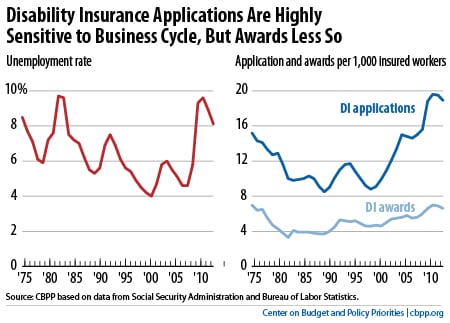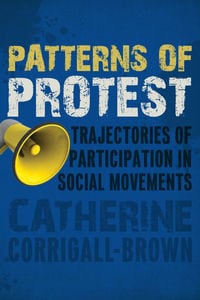Archive for July 2013
An impact evaluation design for the Millennium Villages Project in Northern Ghana
Safeguarding in 2012: Views from the frontline
The role of acculturative stress factors on mental health and help-seeking behavior of sub-Saharan African immigrants
Gender and development: Working with men for gender equality in Rwanda
Breathlessness – current and emerging mechanisms, measurement and management: A discussion from an European Association of Palliative Care workshop
Strategically Aligned Family Research: Supporting Soldier and Family Quality of Life Research for Policy Decisonmaking
Improved quality of life after surgery for pelvic organ prolapse in Nepalese women
Examining the energy envelope and associated symptom patterns in chronic fatigue syndrome: does coping matter?
Integrating indigenous healing methods in therapy: Muslim beliefs and practices
Sensemaking and emotion in organizations
Utilizing job resources: Qualitative evidence of the roles of job control and social support in problem solving
How can we unlock local people’s potential to tackle local problems? Lessons from Bradford
Using Cinema to Train Mental Health Care Trainees in Transgender Issues
How does investment in research training affect the development of research networks and collaborations?
Factors That Influence Separated and Divorced Parents’ Sharing of Personal Information With Dating Partners
Dual-Process Theories of Higher Cognition: Advancing the Debate
The Sovereign Citizen Movement and Fitness to Stand Trial
From soldiers to children: developmental sciences transform the construct of posttraumatic stress disorder
Transitioning labor to the ‘lean years’: the middle class and employer repression of organized labor in post-World War I Chicago
Latest Piece on Disability Insurance Doesn’t Tell the Full Story
Effect of sprint exercise on depression
Relations among appetitive aggression, post-traumatic stress and motives for demobilization: a study in former Colombian combatants
Patterns of Protest: Trajectories of Participation in Social Movements
Asked to name an activist, many people think of someone like Cesar Chavez or Rosa Parks—someone uniquely and passionately devoted to a cause. Yet, two-thirds of Americans report having belonged to a social movement, attended a protest, or engaged in some form of contentious political activity. Activism, in other words, is something that the vast majority of people engage in. This book examines these more common experiences to ask how and when people choose to engage with political causes.


